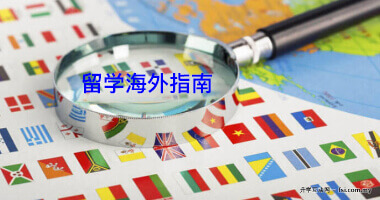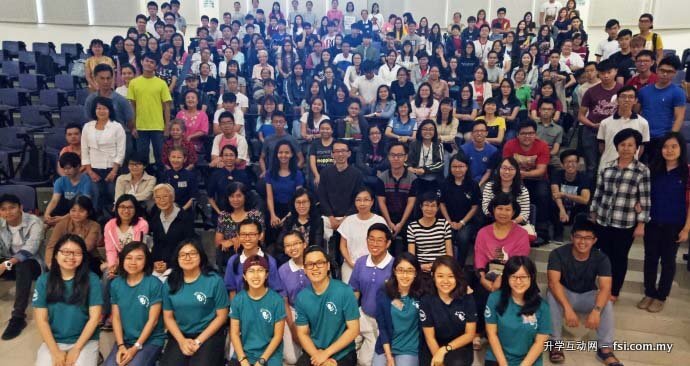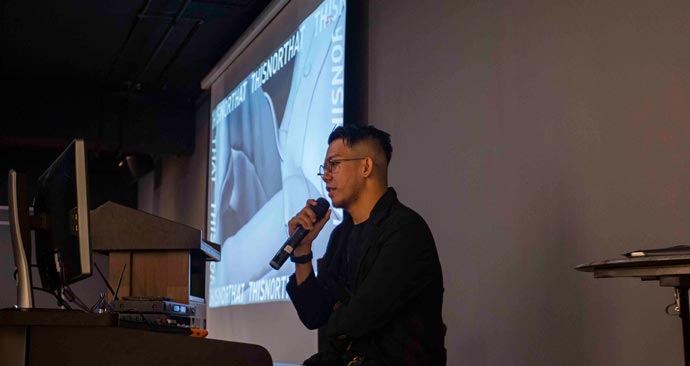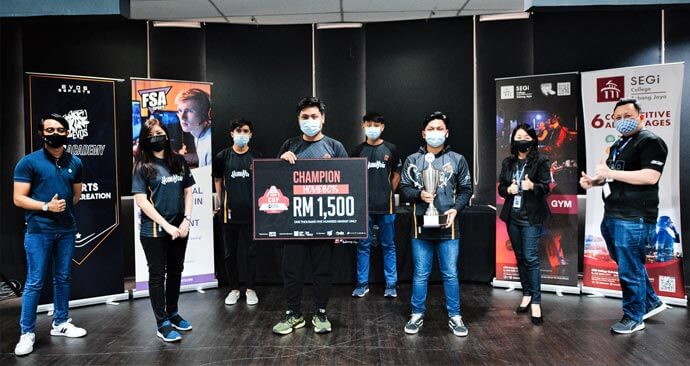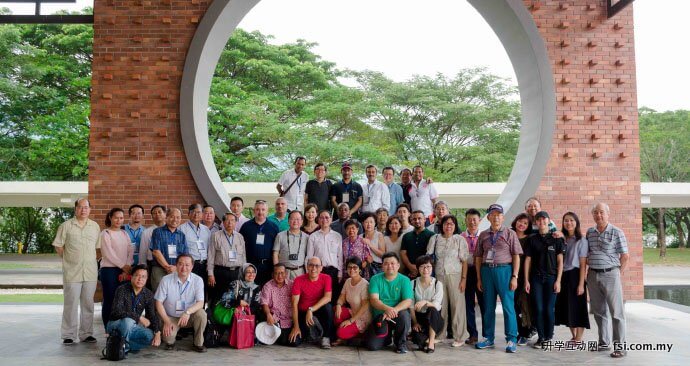Doctor of Philosophy (Engineering) student Yong Zi Jun from the Faculty of Engineering and Green Technology (FEGT) emerged as the first runner-up winner at “Pertandingan Projek Penyelidikan Inovasi Nanoteknologi Peringkat Kebangsaan 2023 (PIN 2023)” under the Doctor of Philosophy category. The competition was held from 9 to 10 October 2023 at Bangi Resort Hotel, Selangor.
Supervised by FEGT academics ChM Assoc Prof Ts Dr Lam Sze Mun and ChM Assoc Prof Ts Dr Sin Jin Chung, Yong walked away with RM2,000, a trophy and a certificate of achievement for his project titled “Fabrication of a novel CuBi2O4/Bi2WO6/ZnO nanorod array (NRA) nano-composite photoanode in a solar-driven photocatalytic fuel cell (PFC) for sustainable energy generation and water reclamation from municipal wastewater treatment in Malaysia”.
Yong said, “I chose this title because I wanted to demonstrate the potential of nanotechnology in unlocking new composite materials to convert waste (municipal wastewater) into new energy (renewable electricity) and reclaim treated water under sunlight exposure. Moreover, I also wanted to bring public awareness of a new solar-based energy-water nexus technological device which demonstrated successful renewable electricity generation and clean water reclamation from municipal wastewater treatment. This entry manifested the innovative pathway in utilising nanotechnology to design and synthesis a highly efficient nano-composite CuBi2O4/Bi2WO6/ZnO NRA semiconductor photoanode for a sunlight-powered photocatalytic fuel cell (PFC) device. This device generates renewable electricity and clean water by treating real municipal wastewater collected from residential IWK wastewater treatment plants. Under optimum conditions, the CuBi2O4/Bi2WO6/ZnO NRA-based PFC system produced 7.7 µW/cm2 of power density (Pmax) and achieved 100% COD removal efficiency within two hours under sunlight exposure by treating 100ml of municipal wastewater.”
“Our research headed towards Technology readiness level (TRL) 4 for feasible demonstration and integrated technology. The energy, environment, and economic (3Es) benefit analyses were conducted to evaluate the potential integration of PFC as a tertiary treatment system in all existing IWK treatment plants in Malaysia. The 3Es manifested that a total of 800 kW of installed renewable electricity, 12.26 tonne/day of CO2 avoidance with 10 million m3/day of water reclamation, and RM10million/year of revenue (Renewable electricity via Feed-in-Tariff (FiT) scheme and savings of freshwater usage) can be achieved. In other words, this PhD research centred around the development of new composite material via nanotechnology for simultaneous waste-to-energy and water reclamation initiatives that support the circular economy (SDG 12), reduce CO2 emissions (SDG 13), prevent water-borne diseases (SDG 3 & 6), prevent the development of antibiotic-resistant microorganisms (SDG 14), and increase renewable energy generation (SDG 7). This innovation can be seamlessly integrated into Malaysia’s IWK (Indah Water Konsortium) wastewater treatment plants, promising clean energy generation and water reclamation. This will lead to reduced CO2 emissions and freshwater consumption along with positive economic returns in Malaysia,” he added.
Speaking about his winning entries, Yong enthused, “By becoming the national finalist and winning the second place in PIN 2023 (PhD category), I feel that this PhD research has opened new doors and frontiers for innovative solutions using nanotechnology in the field of energy and environment. Concurrently, this brings us a step closer to realising municipal wastewater as a renewable resource for generating clean energy and reclaiming treated water in Malaysia. This recognition signifies the quality of nanotechnology research at UTAR and the human capital development potential of our research group at FEGT UTAR.”
Organised by the Ministry of Science, Technology, and Innovation (MOSTI) Malaysia and the National Nanotechnology Centre (NNC) Malaysia, PIN 2023 focused on research projects in the field of nanotechnology which has potential and commercial value at the Technology Level Readiness Level 1 (TRL1). Besides, the competition also provided the researchers with an opportunity to present creative and innovative ideas in nanotechnology research and development including the production of materials, technology, and applications of nanotechnology in various sectors.
The project was funded by the Ministry of Higher Education of Malaysia (MoHE) through Fundamental Research Grant Scheme.
Online Education Fair 线上教育展
Universiti Tunku Abdul Rahman (UTAR)
拉曼大学 (優大)
https://edufair.fsi.com.my/utar


